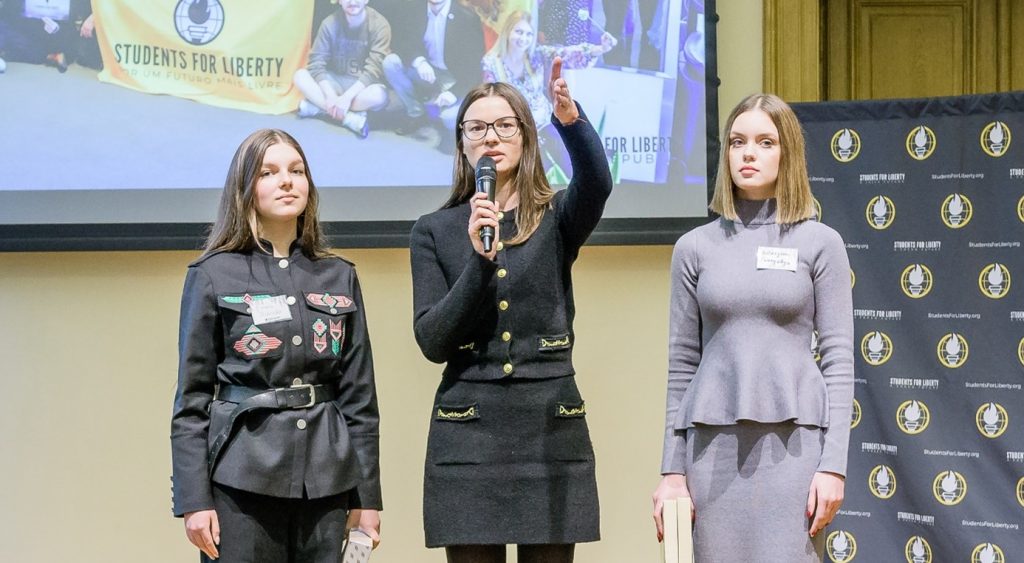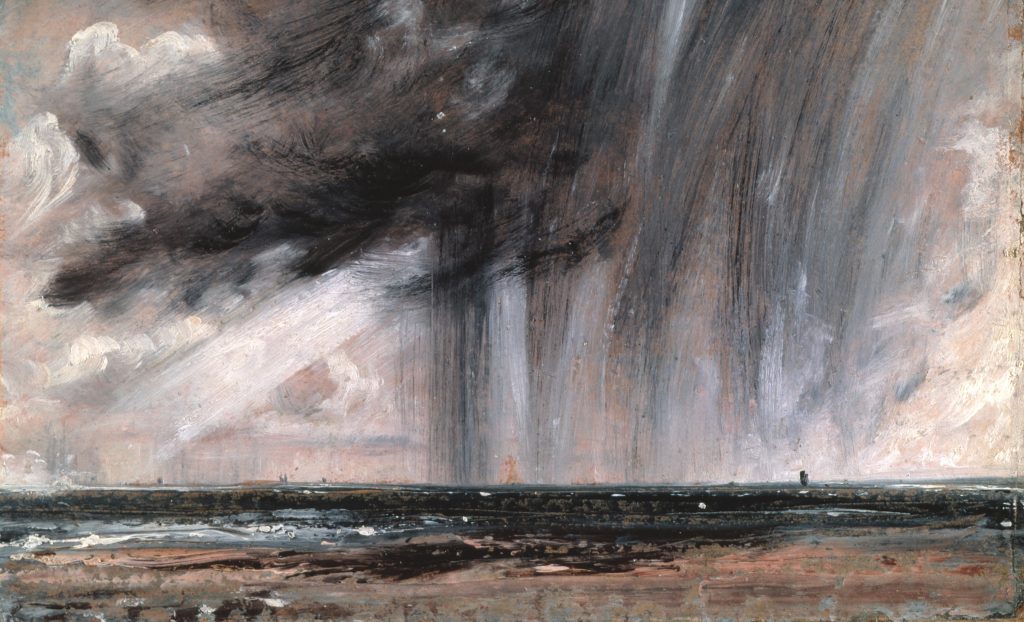
Energy without Borders
BY
The Institute for Economic Research and Policy Consulting - Kyiv / March 25, 2024
Recently, relations between Ukraine and Poland can hardly be called good and neighborly. However, many things unite these countries, not divide. For example, cooperation in the energy sector. We discussed this at our first Ukrainian-Polish discussion within the framework of the \"Ukrainian Path to European Union. Polish Accession Experience\" project.




![Current Socio-Political Situation in France and U.S. Elections with Célia Belin [PODCAST] Current Socio-Political Situation in France and U.S. Elections with Célia Belin [PODCAST]](https://4liberty.eu/phidroav/2024/03/Episode-200-1469x800-1-1024x561.png)
![Presidential Elections and the Situation in Russia with Denis Bilunov [PODCAST] Presidential Elections and the Situation in Russia with Denis Bilunov [PODCAST]](https://4liberty.eu/phidroav/2024/03/Episode-196-1469x800-1-1024x561.png)





